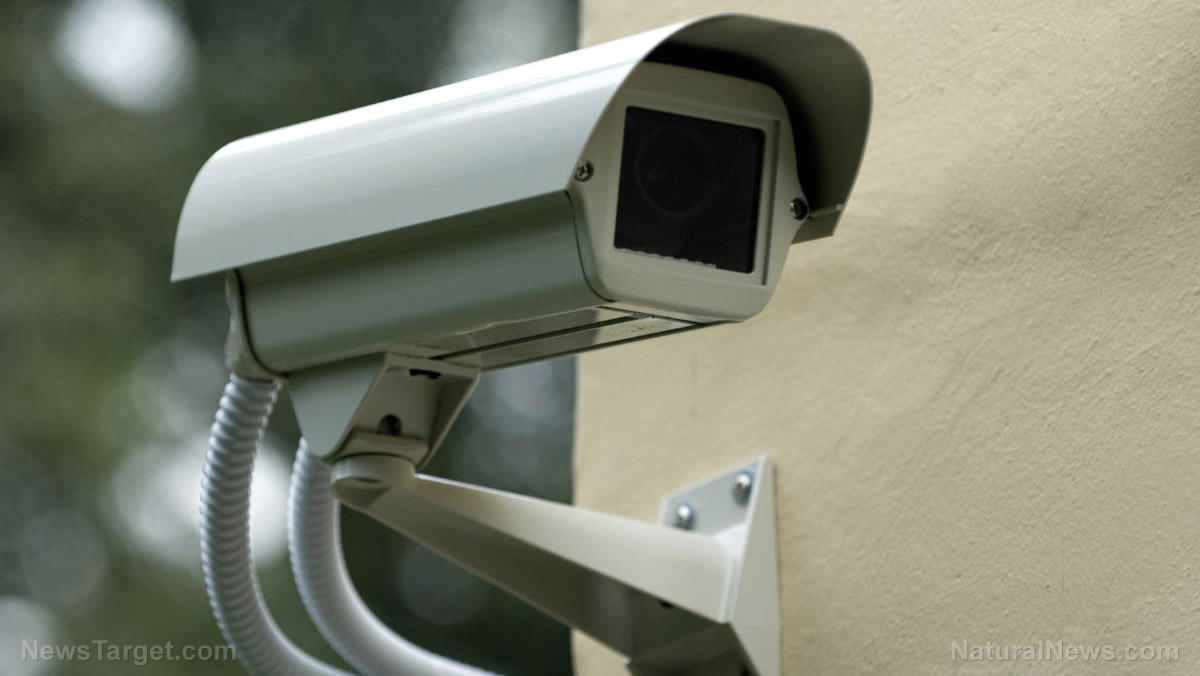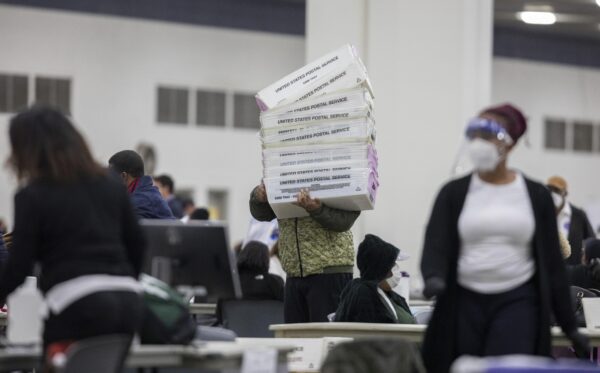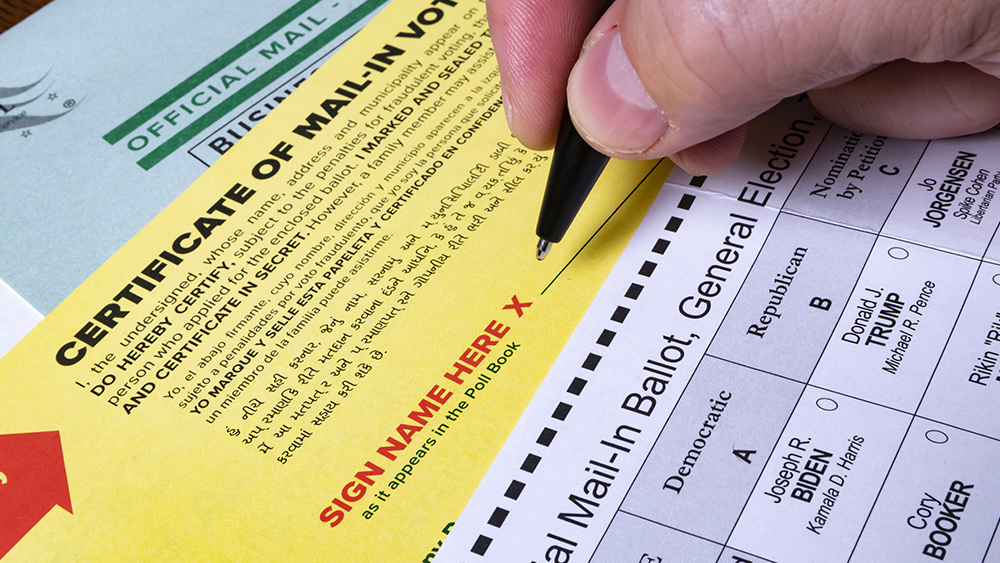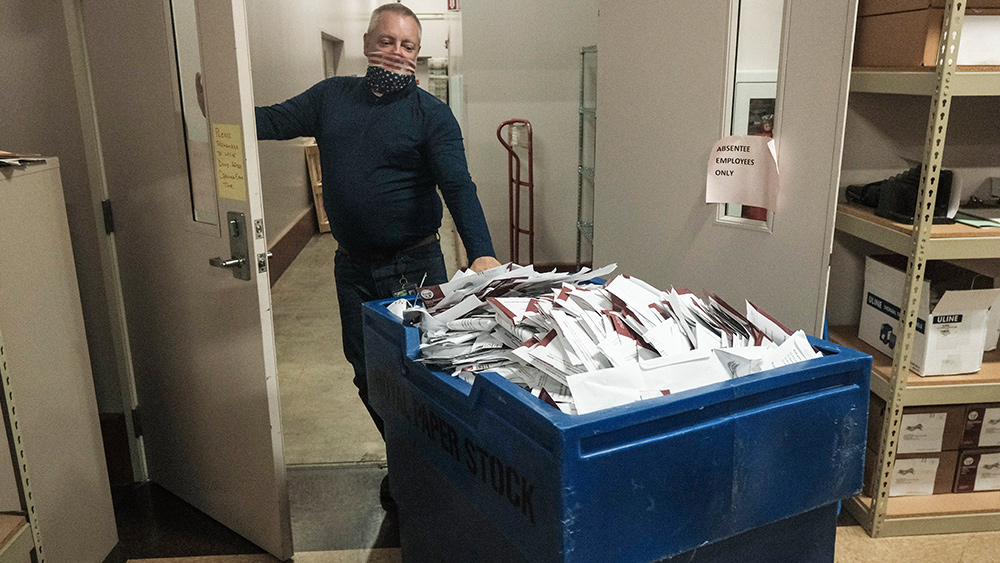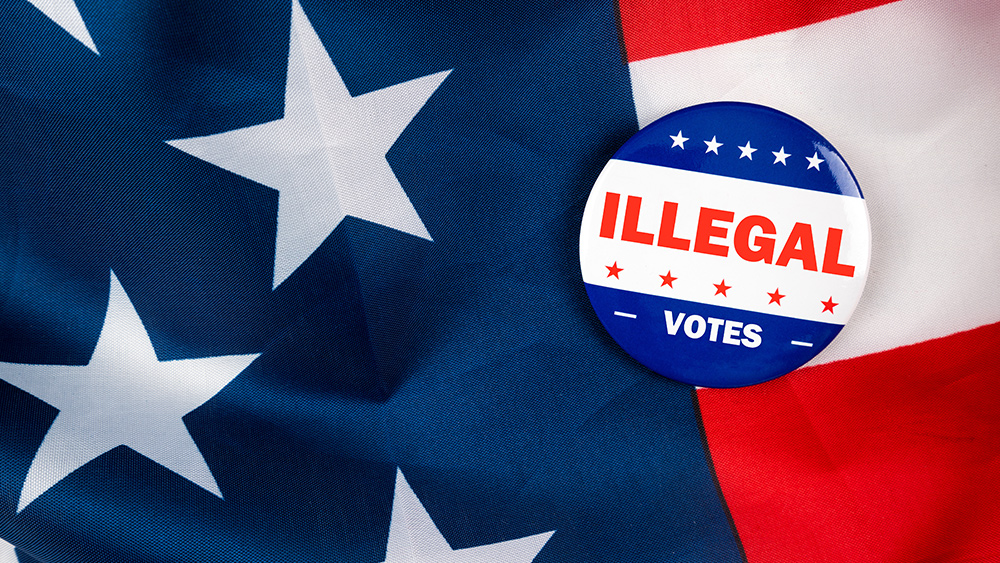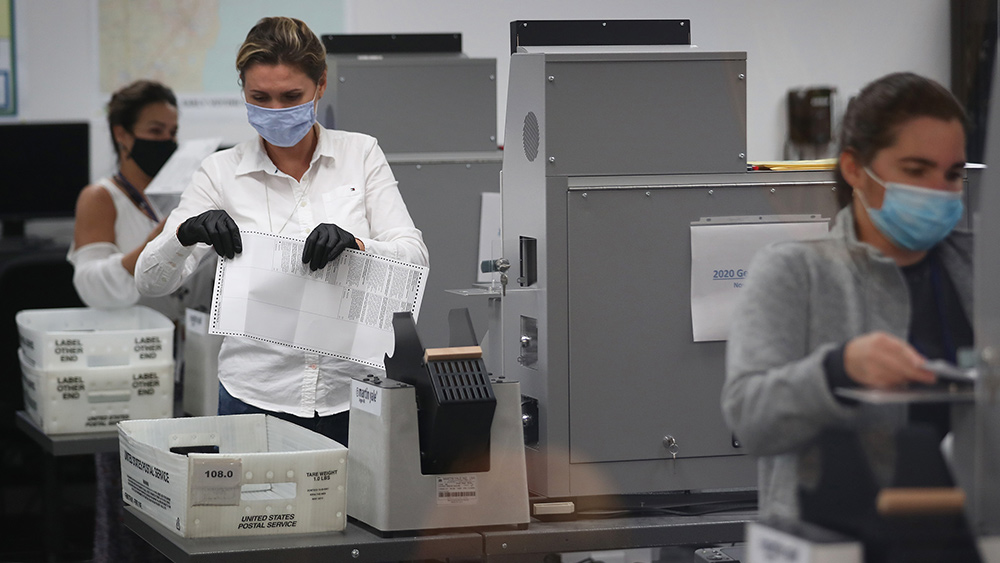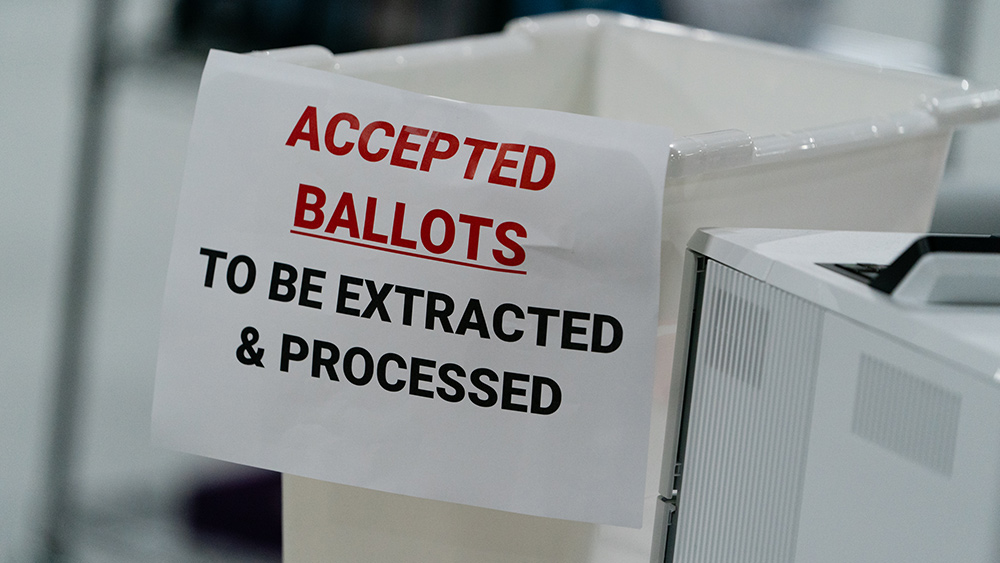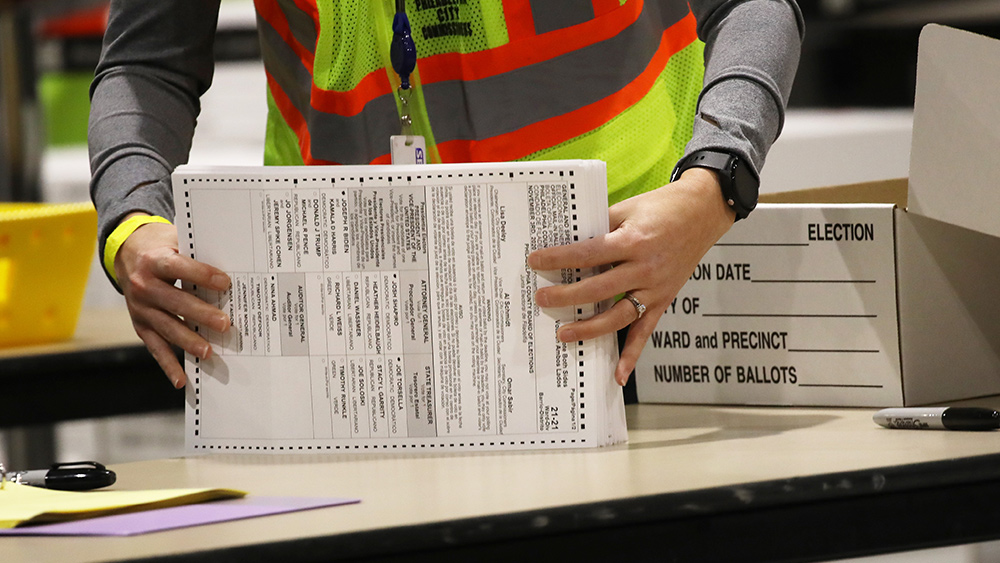Flu shots just killed nine people in South Korea – and the season is only getting started
10/24/2020 / By Ethan Huff

The threat of seasonal influenza combined with fears about the Wuhan coronavirus (Covid-19) is driving many to rush out to get vaccinated with flu shots, believing the jabs to provide foolproof protection. But people are already dying from the vaccines, including nine people in South Korea who died just in the past week.
According to reports, five people in South Korea died on Oct. 21 alone after getting jabbed, raising concerns about the safety of these shots that many health experts insist are crucial during this so-called “pandemic.”
While investigations are ongoing, the Korean government has made it clear that it has no plans to suspend its flu shot program unless post mortems reveal a strong link between the jabs and these reported deaths.
“We have reviewed whether it is appropriate to continue the vaccination or better to suspend and wait for results,” stated health official Kim Joong-gon during a media briefing.
“We came to the conclusion that the deaths had no direct relations with the vaccination given the limited data we have now and without detailed post mortem reports,” he added.
Because five of the six victims that Joong-gon and his team looked at supposedly had underlying health conditions, the conclusion was made that the flu shots they received are not to blame.
“It makes it hard for us to put out a categorical statement,” added Kim Gang-lip, Korea’s vice health minister.
Even though underlying health conditions are not being taken into account among those who die following a positive Wuhan coronavirus (Covid-19) test result, they are being taken into account in relation to flu shots so as not to make the jabs look bad.
More related news about the dangers and ineffectiveness of flu shots can be found at Influenza.news.
South Korea still pushing to vaccinate 20 percent more people than last year due to Covid-19
Even though people are dying from flu shots, South Korea is still planning to move forward with an ambitious plan to vaccinate 20 percent more people with them compared to last year, all because of the Wuhan coronavirus (Covid-19).
As the narrative goes, the risk of contracting the Wuhan coronavirus (Covid-19) is too high not to get a flu shot, even though flu shots have not been proven to provide any protection against the novel virus.
Around 19 million people who were slated to receive “free” flu shots, however, had to wait a little while longer as some five million doses of the vaccine that were supposed to be refrigerated were found to have been transported at room temperature, spoiling them.
The vaccine corporations behind the flu shots that resulted in death have yet to issue any kind of statement about the incidents, though one of them has indicated that it will follow the government’s advice to continue administering them regardless of how many people die.
Of the 8.3 million people who have already been vaccinated with “free” flu shots, at least 350 serious adverse reactions have thus far been reported. These include fever, diarrhea and allergies.
Like here in the United States, concerns about the safety of the upcoming Wuhan coronavirus (Covid-19) vaccines have driven many South Koreans to indicate that they are planning to forego getting jabbed.
According to a recent poll, some 62 percent of respondents living in the Gyeonggi province near Seoul indicated that they are not planning to get vaccinated for the Wuhan coronavirus (Covid-19), even if the government urges them to.
“You won’t be able to buy or sell without this DNA changing vaccine which will be delivered with a micro needle array patch on the right hand and forehead in the end,” wrote one Strange Sounds commenter.
Sources for this article include:
Submit a correction >>
Tagged Under:
coronavirus, covid-19, death, Flu shots, influenza, side effects, South Korea, vaccination, Vaccine deaths, vaccine injury, vaccine wars, vaccines, Wuhan coronavirus
This article may contain statements that reflect the opinion of the author
RECENT NEWS & ARTICLES
Trump.News is a fact-based public education website published by Trump News Features, LLC.
All content copyright © 2018 by Trump News Features, LLC.
Contact Us with Tips or Corrections
All trademarks, registered trademarks and servicemarks mentioned on this site are the property of their respective owners.



